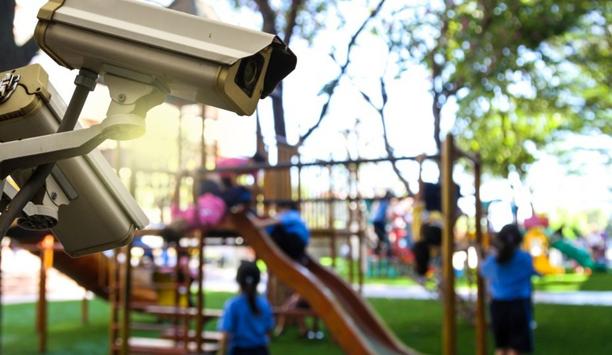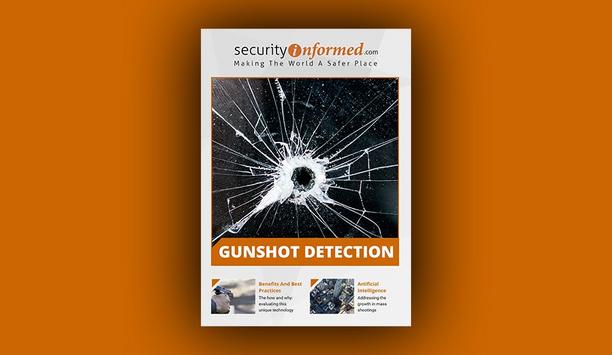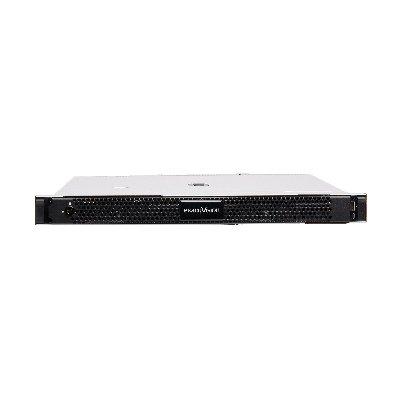 |
| Cassidian will convert the existing MSSR 2000 I secondary radar systems to the new Mode 5 standard |
Cassidian will upgrade the German Armed Forces’ identification systems to NATO’s new “Mode 5” IFF standard. Germany is taking the pioneering role in the modernisation of all NATO identification systems, whose task is to differentiate between friendly and enemy aircraft and thus to reduce the risk of friendly fire. The modernisation of all of NATO’s IFF systems is scheduled to be completed by 2020.
As reported by the company, the German procurement authority BAAINBw (Federal Office of Bundeswehr Equipment, Information Technology and In-Service Support) has awarded Cassidian an order to convert the existing MSSR 2000 I secondary radar systems (MSSR = Monopulse Secondary Surveillance Radar) to the new Mode 5 standard. In a first step, the following equipment will be modernised: one type each of the German Navy’s vessels, a German Army mobile system and two ground stations used for military air traffic control. In further steps, all secondary radars in ground and ship systems will be modernised and the associated transponders on board aircraft will be converted.
In military IFF, the MSSR 2000 I works according to standardized question-and-answer procedures to quickly recognize friendly incoming aircraft and to support the commander in the decision whether to engage an aircraft or not. Unlike Mode 4 used hitherto, Mode 5 employs sophisticated encryption techniques to avoid hostile signal manipulation, thus ensuring that the identification process is absolutely reliable.
During the U.S. Army’s “Bold Quest 2013” exercise, Cassidian provided the participating German troops with IFF equipment supporting Mode 5 for the entire action chain: MSSR 2000 I interrogators (MSSR = Monopulse Secondary Surveillance Radar) integrated in ground stations, LTR400 transponders (LTR = Lightweight Transponder) deployed in a German Air Force C160 “Transall” mission aircraft and state-of-the-art QRTK3/4NG cryptographic computers. This equipment proved its interoperability with the Alliance partners’ Mode 4 and Mode 5 IFF systems and demonstrated the problem-free functioning of the next-generation Mode 5 IFF standard, which is to be introduced by NATO forces from 2014.
Cassidian has already delivered IFF systems to several NATO nations, for ground and naval applications. Amongst others, the MSSR 2000 I protects all German Navy ships as well as UK Royal Navy ships and the French Navy’s “Mistral” class command ships. In Germany, Cassidian has established the air traffic control network of the German Air Force covering an airspace of 1,700 x 1,500 kilometres. In total, Cassidian has more than 370 systems for approx. 30 nations under contract.


















